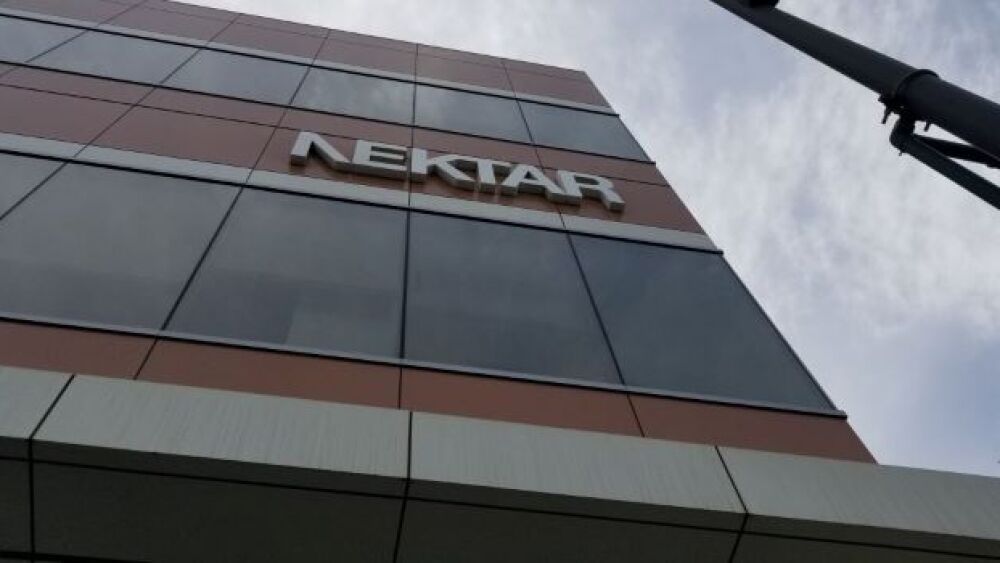Bristol Myers Squibb and Nektar Therapeutics ended their global clinical program for potential bladder cancer and renal cell carcinoma treatment.
Smith Collection/Gado/Getty Images
Bristol Myers Squibb and Nektar Therapeutics ended their global clinical program for a potential bladder cancer and renal cell carcinoma treatment, causing the latter’s shares to drop over 24% to $4.68 per share on Thursday.
The decision was mutual and was based on disappointing results from analyses of two late-stage trials combining bempegaldesleukin with Opdivo to treat the said cancers.
This is the second time the two companies discontinued their joint study programs within a month after halting two trials on melanoma following lackluster Phase III results: PIVOT IO-001 and PIVOT-12.
In early March, the independent data monitoring committee said that the combination drugs failed to meet the primary endpoints of objective response rate, progression free survival, and overall survival, as evaluated using the Blinded Independent Central Review. At the time, the companies still had high hopes for a positive outcome from the two studies.
The latest decision came after an independent data monitoring committee on the Phase III PIVOT-09 study, which evaluated patients with previously untreated advanced or metastatic RCC, found that the combination therapy did not meet the prespecified boundary to be statistically significant. This is versus the control group that received a tyrosine kinase inhibitor. The committee also saw that it was unable to meet overall survival (OS) expectations.
PIVOT-09 is a global study that involved 623 patients randomized 1:1 to receive the combination drug (0.006 mg/kg bempegaldesleukin and 360 mg Opdivo) every three weeks in an outpatient setting until disease recurrence, toxicity and withdrawal of consent for up to 24 months. Nektar sponsored and conducted the trial.
The other study on bempegaldesleukin plus Opdivo, Phase II PIVOT-10, did not demonstrate significant efficacy data when the combination was applied to patients with cisplatin-ineligible, locally advanced or metastatic urothelial cancer.
PIVOT-10 is a global single-arm trial assessing the combination therapy on 192 patients who consented to treatment for up to 24 months. The participants were treated until disease recurrence, unacceptable toxicity or until they withdrew consent. Nektar also sponsored and conducted the research.
Bristol Myers Squibb and Nektar said they will share the full details of the two trials with the scientific community soon.
“We are immensely grateful to the patients and investigators who participated in these studies. We are committed to continuing to explore novel combinations and pathways and advancing research that may help cancer patients achieve better outcomes,” commented Jonathan Cheng, the senior vice president and head of oncology development at BMS, in a statement.
Opdivo is approved in over 50 countries, including the United States and the European Union, as a single agent for unresectable or metastatic melanoma, as an adjuvant for melanoma of the lymph nodes, in combination with Yervoy (ipilimumab) for non-small cell lung cancer, malignant pleural mesothelioma, advanced renal cell carcinoma and other types of cancers.





